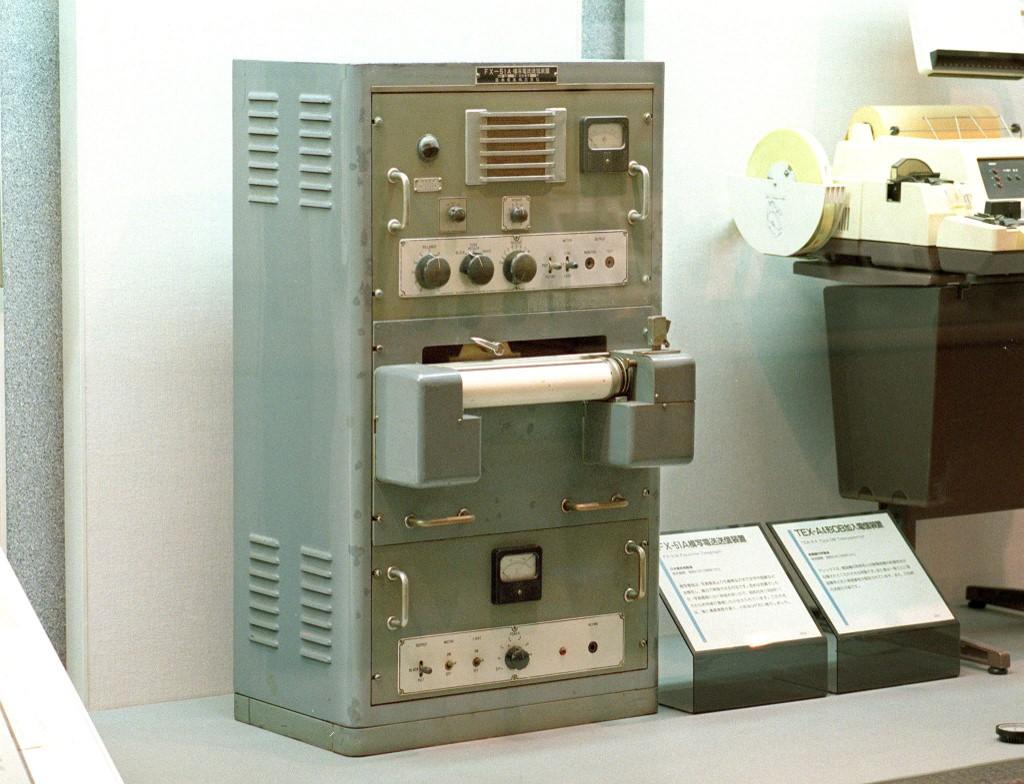Don’t touch our fax machines, Japanese salarymen tell ministers
The government wants to get rid of faxes but bureaucrats claim it would be 'impossible' to abolish them.
Just In
Fax machines gather dust in office cupboards in most parts of the world, consigned to history since the rise of email. Yet in Japan, a country with a hi-tech reputation, the fax is thriving.
Japanese bureaucrats are fighting back against orders to do away with the fax machine, a long-obsolete technology that remains a cornerstone of every ministry department in the country, the London Telegraph is reporting.
When Taro Kono was appointed minister of administrative reform in September with a mandate to improve efficiency by cutting through the nation’s legendary red tape, he set his sights on sending the fax machine the way of the typewriter.
The nation’s over-reliance on nearly 60-year-old technology was the target of fierce criticism in the early stages of the pandemic last year, with overstretched doctors condemning the legal requirement that hospitals complete paperwork on new cases by hand and then fax the data to public health centres to compile statistics.
A study showed that every government department, virtually every Japanese company and more than one-third of Japanese homes still had a fax machine.
After a grace period, Kono’s department said it would abolish the use of fax machines “as a rule” by the end of June and switch to emails.
However, there has been resistance to the directive, with the Hokkaido Shimbun newspaper reporting that more than 400 bureaucrats had contacted their superiors claiming it would be “impossible” to abolish the fax.
The overwhelming preference reflects aspects of Japanese culture which still embrace fax machines, despite their disappearance from most of the developed world.
The culture of handwriting is still firmly rooted in Japan. For example, the majority of resumes are still handwritten because Japanese employers are said to judge people’s personalities from their handwriting.
There are also concerns over the security of electronic messages, with faxes being virtually impossible to hack. Critics suggest this is merely an excuse for older, less tech-savvy bureaucrats to learn new IT skills.
The agency overseeing Kono’s reform drive has been subdued about the campaign since the June deadline passed and appears now to be tacitly condoning the continued use of faxes.
While it’s now rare to see a fax machine for sale in most countries, in 2018, approximately 21,000 were sold in Japan, an increase from around 19,000 units in the previous year.
The year 2014 marked the 50th anniversary of the modern fax machine, a device developed by Xerox that quickly became as much a staple of offices worldwide as the coffee machine. And then, as quickly vanished.
Subscribe to our newsletter
To be updated with all the latest news and analyses daily.
